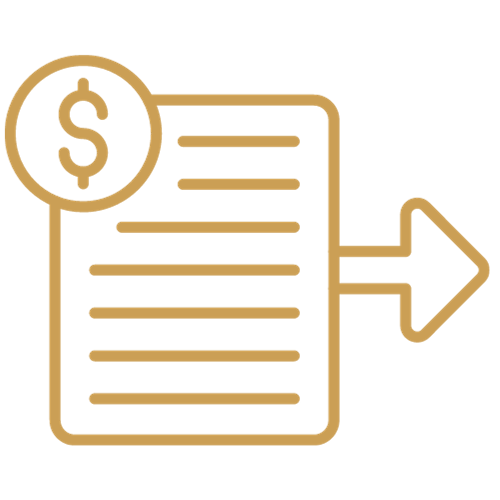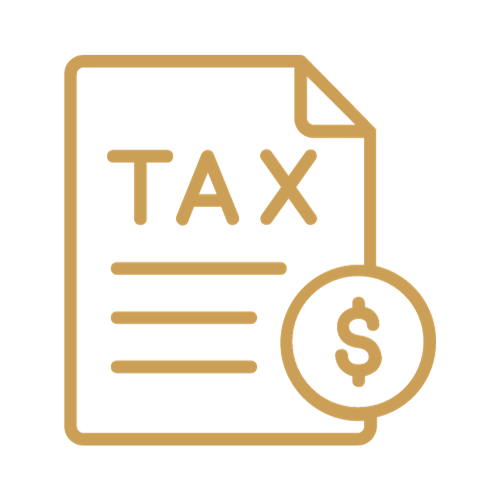In the business world, few words can strike fear into the hearts of professionals quite like “audit.” No matter who is conducting the audit, the process can be daunting. However, with proper preparation and a strategic approach, you can weather the storm and even turn it into an opportunity for improvement. In this guide, we’ll walk you through the steps to effectively prepare for an audit, minimizing stress and maximizing success.
- Understand the Purpose: Before diving into preparation, it’s crucial to understand the purpose of the audit. Is it a routine check, or are there specific concerns or areas of focus? Knowing this will help you tailor your preparation efforts accordingly.
- Organize Documentation: Auditors will require access to a plethora of documents.Start by organizing these documents in a systematic manner, making them easily accessible for both internal review and auditor inspection.
- Conduct a Pre-Audit Review: Take the time to conduct a thorough review of your organization’s processes, policies, and documentation. Look for any discrepancies or areas of non-compliance that may raise red flags during the audit. Addressing these issues proactively can prevent headaches down the line.
- Train Your Team: Ensure that your team members are well-informed about the audit process and their roles within it. Provide training on relevant policies and procedures, emphasizing the importance of accuracy and compliance.
- Communication is Key: Maintain open lines of communication with both internal stakeholders and external auditors. Keep everyone informed about the audit schedule, expectations, and any updates or changes along the way. Address any concerns or questions promptly to avoid misunderstandings.
- Perform Mock Audits: Conducting mock audits can help identify potential weaknesses in your processes and documentation. Use these simulations to fine-tune your preparation efforts and improve overall readiness for the actual audit.
- Stay Calm and Focused: As the audit approaches, it’s natural to feel anxious. However, maintaining a calm and focused mindset is essential for success. Trust in the preparation work you’ve done and stay confident in your organization’s ability to meet the auditor’s requirements.
- Be Transparent: Transparency is key during the audit process. Be honest and forthcoming with auditors, providing them with the information they need in a timely manner. Transparency builds trust and can help streamline the audit process.
- Follow Up Post-Audit: Once the audit is complete, take the time to review the findings and any recommendations provided by the auditors. Use this feedback to implement necessary improvements and strengthen your organization’s internal controls.
- Continuous Improvement: Audits shouldn’t be viewed as a one-time event but rather as an ongoing process of continuous improvement. Take the lessons learned from each audit cycle and incorporate them into your organization’s practices to mitigate future risks.
In conclusion, preparing for an audit requires diligence, attention to detail, and effective communication. By following these steps and adopting a proactive approach, you can navigate the audit process with confidence and emerge stronger on the other side. Remember, audits are not just about compliance; they’re opportunities to enhance operational efficiency and drive organizational excellence. If the idea of preparing for an audit makes you want to panic, reach out to us at Seward Accounting and Tax to see how we can help you today!




